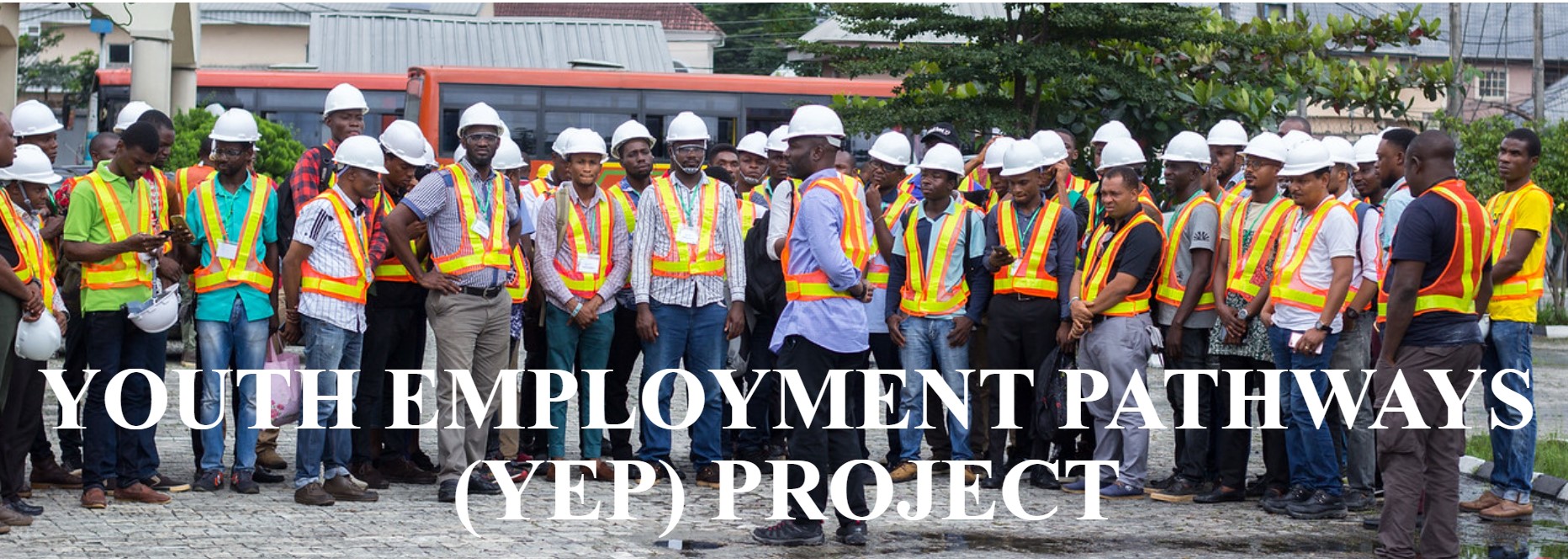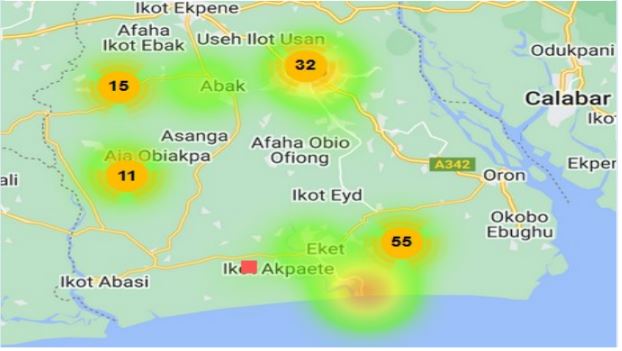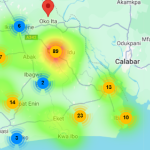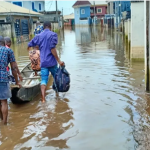
Call for Consultant to Support PIND’s Youth Employment Pathways (YEP) Program
May 12, 2023
Niger Delta Weekly Conflict Update: May 07-13, 2023
May 13, 2023
Flooding is one of the most devastating and frequently occurring natural hazards with significant issues at the front-line of environmental discuss today. Flooding has been a recurrent occurrence in Nigeria. The year 2012 flood occurrence was a severe one which superseded previous flood events in the last 4 decades. It was believed to have been particularly among other factors, geared by the release of water from the Lagdo Dam in Cameroon, due to the high intensity of rainfall and its impacts increased due to the haphazard development of land on flood prone areas. The National Emergency Management Agency (NEMA) reported that it affected 7 million people in 30 states, displaced millions of people, killed 363 people and cost Nigeria’s economy an estimated loss of US$ 9.6 billion. In 2022, an even more devastation flood event occurred. The death toll from the floods in Nigeria this time increased to 603 as local authorities raced to provide relief to hundreds of thousands of people being evacuated from their submerged homes. More than 1.3 million people were displaced by the disaster, which affected people across 33 of Nigeria’s 36 states.
The flooding — conflict nexus
Flooding has worsened the humanitarian crisis in Nigeria, where violence, especially in the troubled northern region, has displaced more than three million people. More so, Nigeria is generally experiencing different dimensions of violence related to herder-farmer conflicts, communal conflicts, kidnap for ransom, religiously motivated attacks, assaults by armed gangs and so on. This leads to sudden and mass influx of displaced people which could increase the risk of violence and social tension in the receiving area and fuel existing conflict in the region.
Notably, flooding leads to food crisis and insecurity, which in turn leads to conflicts. Literature suggests that following extreme weather events like flooding, the type of conflicts that are more likely to occur include communal violence and land-use disputes. This is so because more than 80% of Nigerian farmers cultivate small scale farmlands less than 5 hectares which process, and eat directly from. These smallholder farmers are also often the worst affected by flood disasters as they lose their primary source of income. The flooding which ravages their farmlands leave them stranded, creating scarcity of resources in communities that are already battling poverty and different dimensions and degrees of conflicts.
Conflicts and violence have the potential of getting worse as the floods can further exacerbate conflicts and destabilize already volatile communities, causing national security problems. For instance, Crisis Group has tracked herders displaced by South Sudan’s floods who later were involved in violent clashes with their new host communities and insurgents fighting the government. Likewise, in Nigeria, flooding has exacerbated the herder-farmer conflict. For example, the Guri and neighboring Kirikasamma council areas of Jigawa state struggle for control of the lush land has led to deadly conflicts between farmers and herders, and the recent flood incident of 2022 worsened the frosty relationship as both groups now compete for the available land space following the devastating impacts of floods.
Away from land related disputes, Tobias et al (2020) noted that floods can increase the likelihood of political unrest through several, often intertwined pathways. Like other forms of disasters, they can generate grievances due to human and socio-economic losses. If public institutions or other social groups are considered responsible for the disasters — for instance, due to insufficient preparation, late and inadequate relief, and biased reconstruction efforts — such grievances might result in protests. Flood-related migration can also be a source of discontent, both among the displaced population and among people in the destination areas. In Nigeria, there have been several incidents of protests and violence triggered by flood events. An example was in Nkpolu community of Obio-Akpor Local Government Area of Rivers State where a protest was staged due to a flood disaster, leading to the death of a pregnant woman and another young person.
Mitigating the conflict aftermaths of flooding in Nigeria
This article presents a basis on the disaster–conflict nexus within the broader field of climate security. It highlights the potential of flooding leading to conflicts and violence. Based on the foregoing, there is the need for the government to be more active in curbing the issue of flooding. This can only be achieved when it begins to focus more on land use planning, development control, zoning, and other legislative and policy-oriented practices. Such best practices will properly prevent and mitigate flood occurrence, rather than just involve itself in provision of relief materials for flood victims as experienced in recent times.
The nexus between floods and conflicts also means that flood risk communities are as well conflict risk zones. Thus, there should be coordinated and targeted peacebuilding programs and actions at communities that have a history and potential of flooding. Government agencies, environmentalists, practitioners of the built environment, civil society organizations, and individuals must work in synergy to evolve a comprehensive approach that would emphasize the reduction of flood-risk vulnerability, while instituting conflict prevention and peacebuilding culture in residents of flood-prone areas.
Written by: Ediye Bassey
Ediye has theoretical and technical proficiency in Geographic Information System (GIS) which has provided her sufficient knowledge to create basic maps and run map analysis using the ArcGIS software. Ediye gained experience in peacebuilding and conflict prevention working with the Integrated Peace and Development Unit (IPDU) at the Foundation for Partnership Initiatives in the Niger Delta (PIND) as an intern, where she provided support to the peacebuilding programs to strengthen community structures for sustainable peace and security in the Niger Delta. She is currently a summer intern at the Fund for Peace (FFP).









